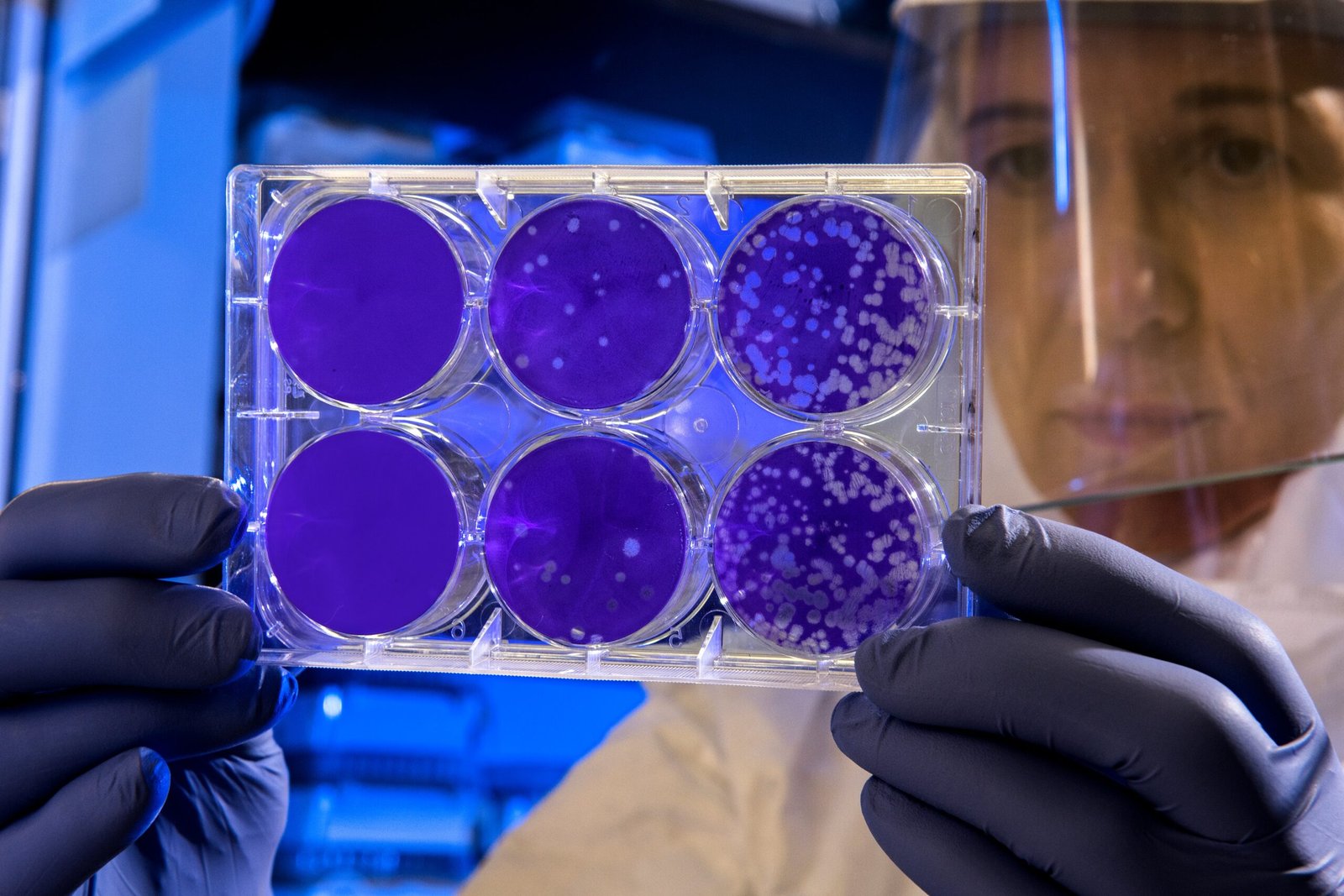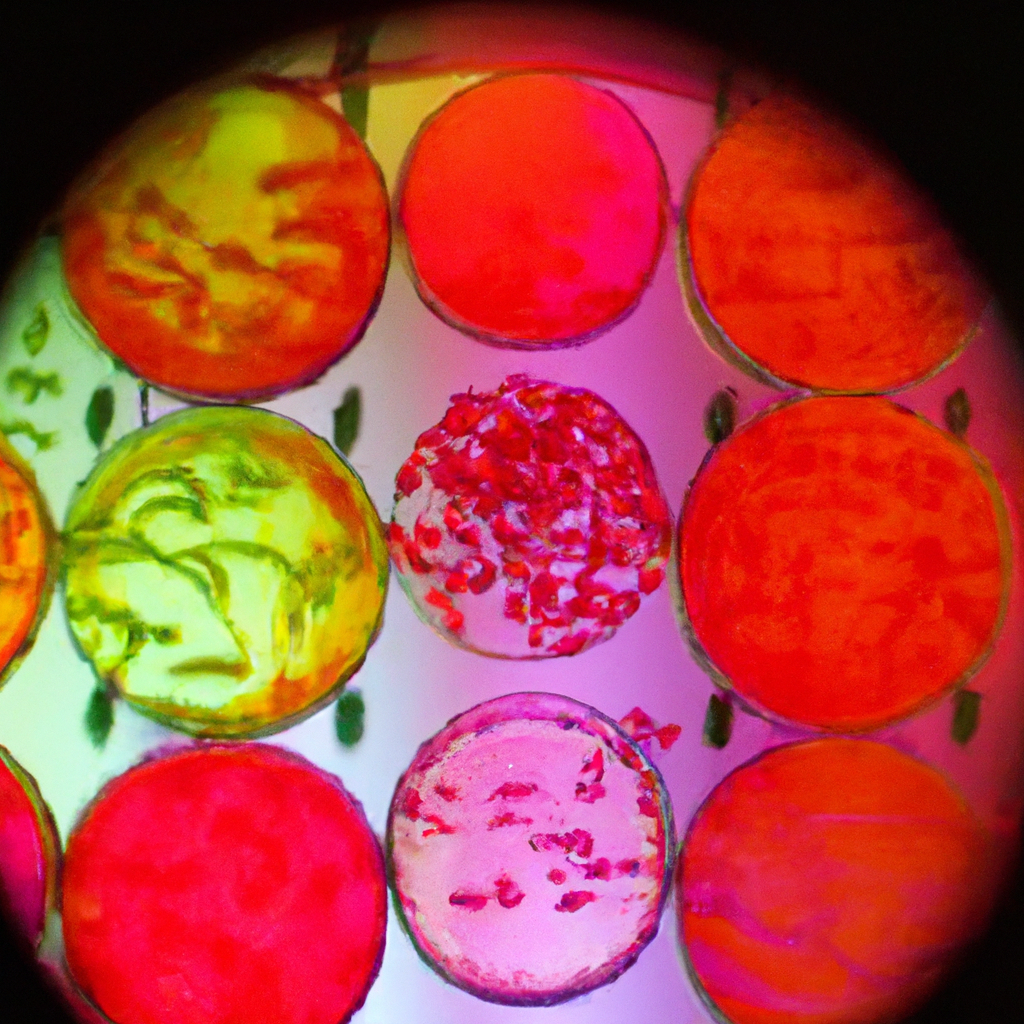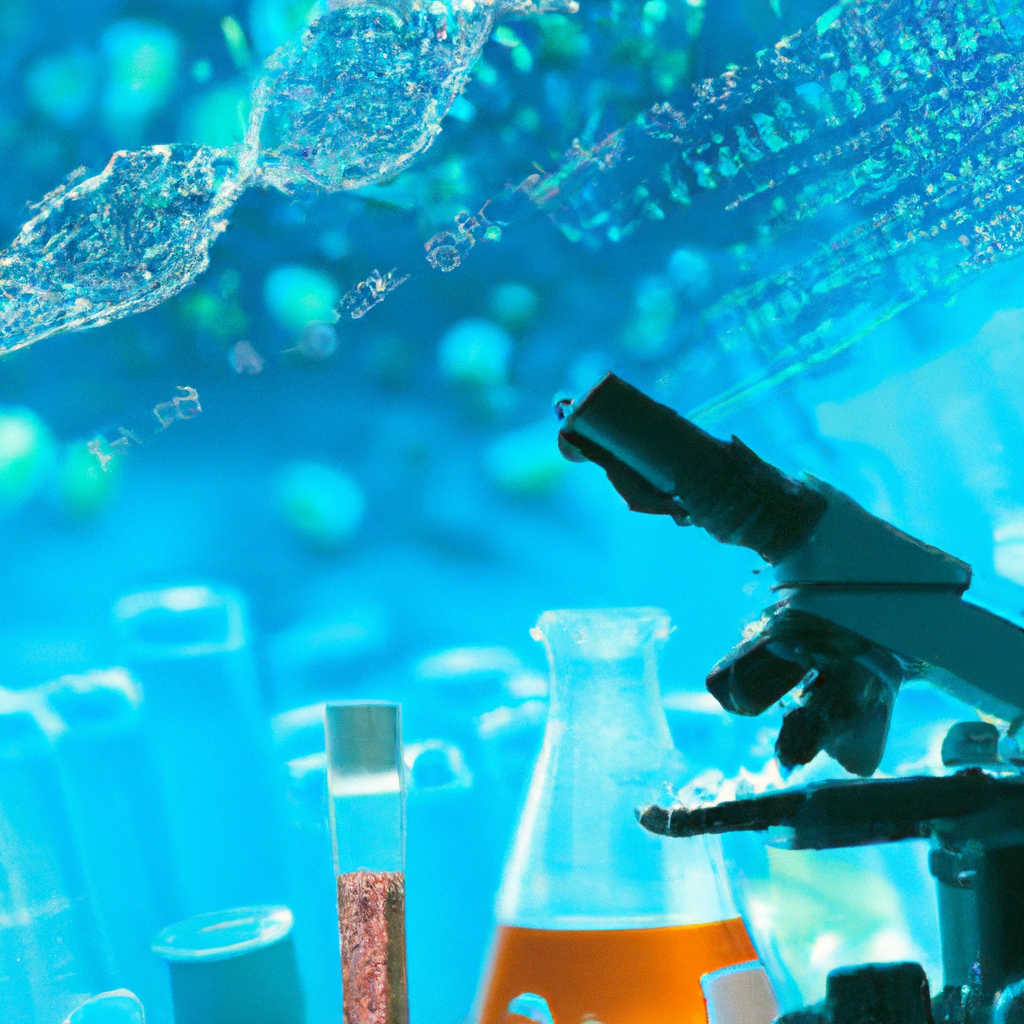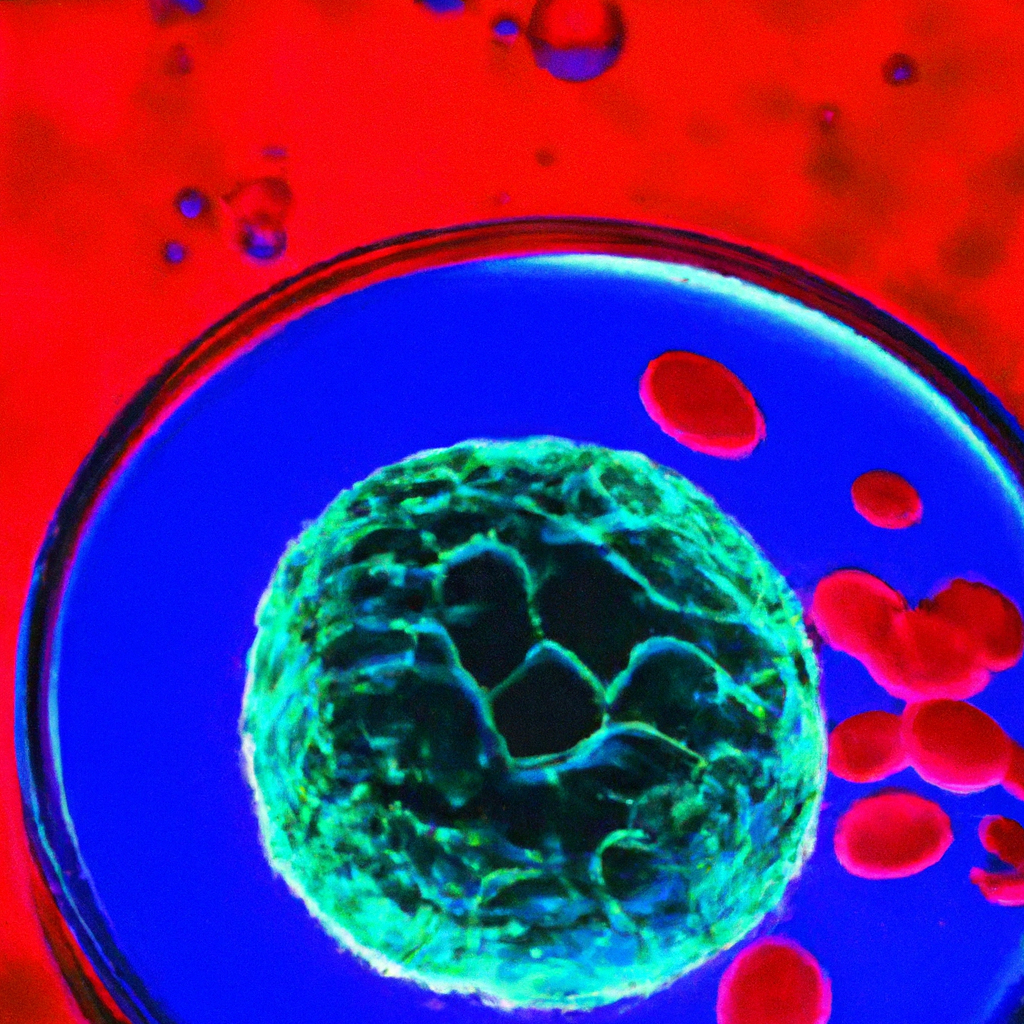Curious about the fascinating world of stem cells in Malaysia? Look no further! In this article, we’ll provide you with a comprehensive overview of the distinction between embryonic and adult stem cells. Embark on a captivating journey with us as we delve into the wonders of these remarkable cells and explore their potential in revolutionizing modern medicine. Prepare to be amazed by the vast possibilities that lie within the realm of stem cell research. So, let’s set sail and unlock the secrets of embryonic and adult stem cells together!
Embryonic Stem Cells
Embryonic stem cells, also known as ESCs, are the cells that are derived from the inner cell mass of a developing embryo. These cells have the unique ability to differentiate into any type of cell in the body, which makes them highly valuable for medical research and potential therapeutic applications.
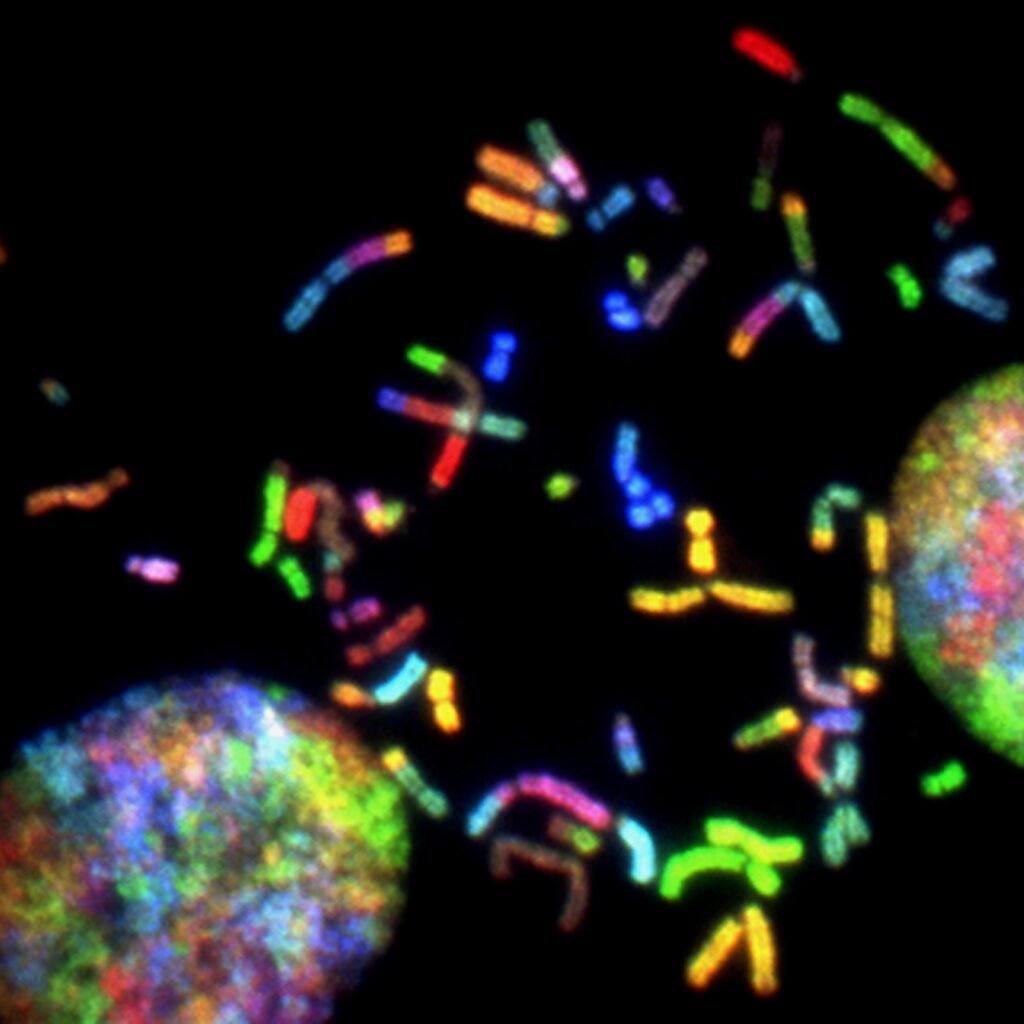
Definition
Embryonic stem cells are pluripotent cells, meaning they have the ability to differentiate into any type of cell in the body. They are derived from embryos that are typically only a few days old and are obtained from fertility clinics with the consent of the donors. These cells are typically cultured in laboratories to allow for their expansion and differentiation into specialized cell types.
Characteristics
Embryonic stem cells have several key characteristics that make them unique and highly valuable for research and medical applications. Firstly, they have the ability to self-renew, meaning they can divide and produce more identical stem cells. Secondly, they have a high proliferative capacity, making it possible to generate large numbers of cells for research purposes. Lastly, they have pluripotency, allowing them to differentiate into any type of cell in the body.
Sources
The primary source of embryonic stem cells is from donated embryos from fertility clinics. These embryos are typically surplus embryos that are not going to be used for reproductive purposes. The donors provide informed consent for the use of these embryos for research purposes.
Research Potential
Embryonic stem cells have immense research potential due to their ability to differentiate into any cell type in the body. This makes them invaluable for studying developmental processes, disease modeling, and drug discovery. Researchers can use these cells to study various diseases, test potential therapeutics, and understand the mechanisms underlying different cellular processes.
Applications
The potential applications of embryonic stem cells are wide-ranging and have the potential to revolutionize medicine. These cells can be utilized for tissue regeneration and repair, organ transplantation, and personalized medicine. They may also hold promise for treating diseases such as Parkinson’s, diabetes, and spinal cord injuries.
Regulations in Malaysia
In Malaysia, the use of embryonic stem cells is regulated by the National Stem Cell Committee under the Ministry of Health. The guidelines developed by the committee outline the ethical considerations and regulations surrounding the use of embryonic stem cells. These guidelines ensure that the use of these cells is conducted ethically and with proper oversight. The regulations also require researchers to obtain appropriate consent from donors and adhere to strict protocols for the handling and disposal of embryos and stem cell lines.
Adult Stem Cells
Adult stem cells, also known as somatic stem cells, are found in various tissues and organs in the body. These cells have the capability to differentiate into specialized cell types within their respective tissue. Although they are more limited in their differentiation potential compared to embryonic stem cells, they still hold significant research and therapeutic potential.
Definition
Adult stem cells are undifferentiated cells that exist in adult tissues and organs. They are capable of self-renewal and differentiation into specialized cell types within their respective tissue. These cells act as a repair system in the body, replenishing damaged or dying cells.
Characteristics
Unlike embryonic stem cells, adult stem cells are multipotent, meaning they can differentiate into a limited number of cell types within their tissue of origin. For example, hematopoietic stem cells in the bone marrow can differentiate into various blood cell types. These cells have a more restricted differentiation potential compared to embryonic stem cells but still play a crucial role in tissue repair and regeneration.
Sources
Adult stem cells can be found in various tissues and organs in the body, such as bone marrow, blood, brain, skin, and muscle. These cells are typically present in small numbers and can be isolated through various techniques, such as bone marrow aspiration or tissue biopsy.
Research Potential
While adult stem cells do not have the same level of differentiation potential as embryonic stem cells, they still have significant research potential. Studying adult stem cells can provide insights into tissue regeneration, aging, and disease mechanisms. Researchers can use these cells to understand the mechanisms underlying tissue-specific stem cell functions and develop targeted therapies for various diseases and injuries.
Applications
Adult stem cells have already found several clinical applications. For example, hematopoietic stem cell transplantation is a well-established therapy for certain types of blood cancers. Other potential applications include regenerative medicine for damaged tissues, such as heart muscle regeneration after a heart attack or cartilage regeneration for joint repair. Adult stem cells also hold potential for drug discovery and personalized medicine.
Regulations in Malaysia
In Malaysia, the use of adult stem cells is regulated by the National Stem Cell Committee. Guidelines have been developed to ensure the ethical use of these cells and to provide oversight in their research and application. These regulations aim to protect the rights of donors, ensure informed consent, and promote responsible research and clinical applications of adult stem cells.
Comparison and Contrast
The distinction between embryonic and adult stem cells lies primarily in their differentiation potential and their sources. While embryonic stem cells are pluripotent and can differentiate into any type of cell in the body, adult stem cells are more restricted in their differentiation capacity. Let’s delve deeper into the comparison and contrast between these two types of stem cells.
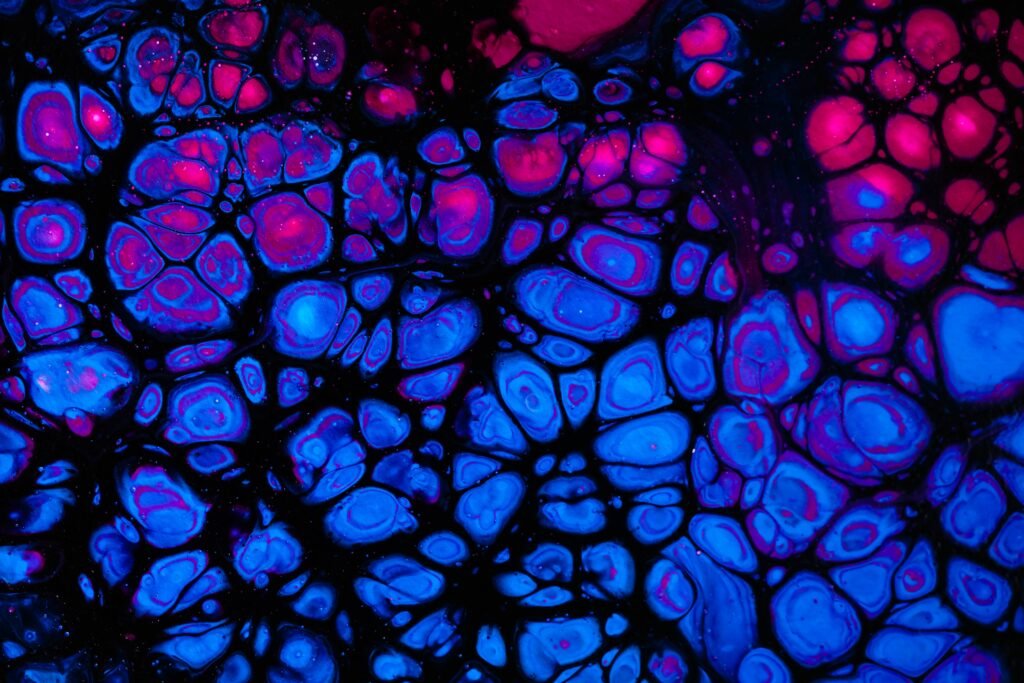
Definition
Embryonic stem cells are derived from the inner cell mass of embryos and are pluripotent. On the other hand, adult stem cells are found in various tissues and organs in adult organisms and are multipotent.
Characteristics
Embryonic stem cells have the unique ability to self-renew and differentiate into any type of cell in the body. They are highly proliferative and possess pluripotency. Adult stem cells, while also capable of self-renewal, have a more limited differentiation potential and are tissue-specific in their function.
Sources
Embryonic stem cells are derived from donated embryos from fertility clinics, with appropriate consent from the donors. Adult stem cells, on the other hand, are found within the tissues and organs of adult organisms, such as bone marrow, blood, and muscle.
Research Potential
Embryonic stem cells have greater research potential due to their pluripotent nature, which allows for the study of various cellular processes and disease mechanisms. Adult stem cells, while more limited in their differentiation potential, still play a crucial role in tissue regeneration and repair and provide valuable insights into tissue-specific stem cell functions.
Applications
Both embryonic and adult stem cells have important applications in regenerative medicine and drug discovery. Embryonic stem cells hold promise for tissue regeneration, organ transplantation, and disease modeling. Adult stem cells have already found clinical applications in transplantation therapies and tissue repair. They also hold potential for regenerative medicine and personalized medicine.
Regulations in Malaysia
In Malaysia, both embryonic and adult stem cell research and applications are regulated by the National Stem Cell Committee. These regulations ensure that the ethical considerations surrounding the use of stem cells are met and that there is proper oversight in research and clinical applications. The guidelines protect the rights of donors, require informed consent, and promote responsible use of stem cells in Malaysia.
Ethical Considerations
When discussing stem cells, it is important to consider the ethical implications associated with their use. The use of both embryonic and adult stem cells raises various ethical considerations, religious perspectives, public opinions, and government policies. Let’s explore these factors in the context of stem cell research in Malaysia.
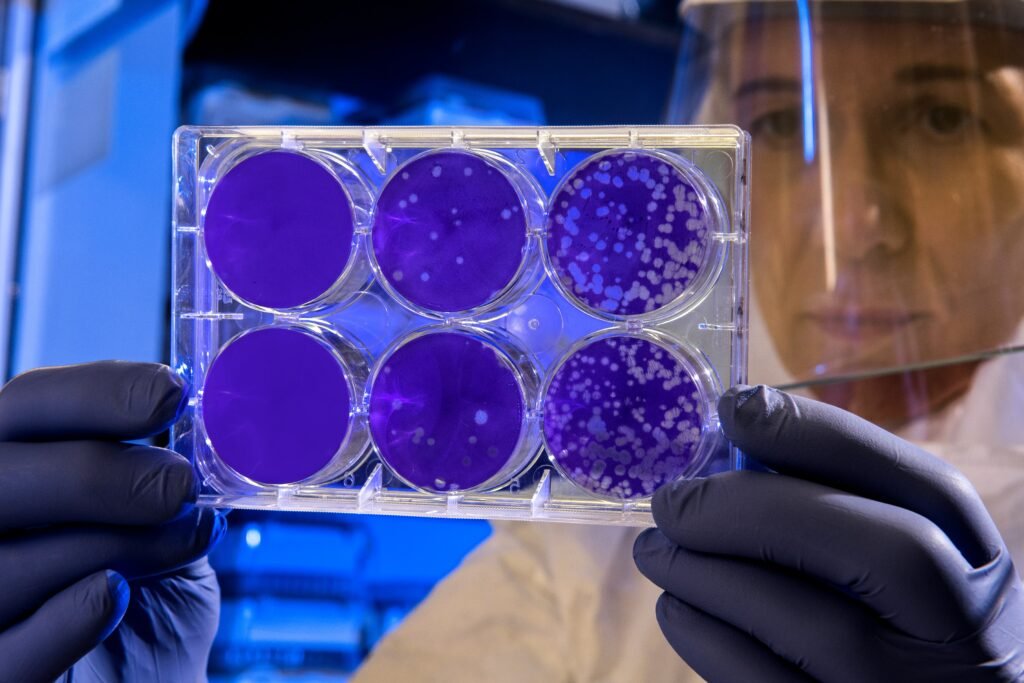
Embryonic Stem Cells
Embryonic stem cell research raises ethical concerns primarily because the derivation of these cells involves the destruction of embryos. Some individuals and religious groups believe that human life begins at conception, and therefore, the use of embryonic stem cells is considered morally objectionable. Ethical guidelines and regulations governing the use of embryonic stem cells in Malaysia ensure that the use of these cells is conducted with proper consent and oversight.
Adult Stem Cells
Ethical concerns surrounding the use of adult stem cells are relatively fewer compared to embryonic stem cells. Since adult stem cells are obtained from adult tissues with the consent of the individuals, there are fewer ethical objections. However, issues such as informed consent, privacy, and proper use of stem cells in research and clinical applications still need to be addressed and adhered to.
Religious Perspectives
Religious perspectives on stem cell research vary depending on the beliefs of different religious groups. Some religious traditions support the use of adult stem cells for therapeutic purposes while opposing the use of embryonic stem cells due to their destruction of embryos. Other religious groups have different viewpoints based on their interpretation of the sanctity of life. Malaysia is a diverse country with various religious beliefs, and it is important to respect and consider these perspectives in the discourse surrounding stem cell research.
Public Opinion
Public opinion regarding stem cell research may vary due to the complex ethical and moral considerations involved. Some individuals may support stem cell research and its potential to advance medicine and improve human health. Others may have reservations due to concerns about the destruction of embryos or the potential for misuse of stem cells. Public awareness and education play a crucial role in fostering informed discussions and understanding among the general public.
Government Policies
The Malaysian government has implemented regulations and policies to govern stem cell research and applications. These policies aim to ensure the ethical use of stem cells, protect the rights of donors, and provide oversight in research and clinical applications. The National Stem Cell Committee, under the Ministry of Health, plays a key role in formulating and implementing these policies. Ongoing discussions and debates help shape the government’s policies and ensure that they remain up-to-date with scientific advancements and societal concerns.
Advantages and Disadvantages
Stem cell research offers immense potential for medical advancements and therapeutic applications. However, it also comes with advantages and disadvantages that must be carefully considered. Let’s explore the pros and cons of both embryonic and adult stem cells, as well as the associated medical advancements, potential risks, and ethical concerns.
Embryonic Stem Cells
Advantages:
- Embryonic stem cells have unparalleled differentiation potential, making them valuable for studying early development and disease mechanisms.
- These cells can be expanded and differentiated into various cell types, providing a virtually unlimited supply for research and clinical applications.
- Embryonic stem cells hold great promise for tissue regeneration, organ transplantation, and personalized medicine.
Disadvantages:
- The derivation of embryonic stem cells involves the destruction of embryos, raising ethical concerns for some individuals and religious groups.
- There is a risk of immune rejection when using embryonic stem cells for transplantation, as they may be recognized as foreign by the recipient’s immune system.
- The use of embryonic stem cells may carry a higher risk of tumor formation or uncontrolled cell growth compared to adult stem cells.
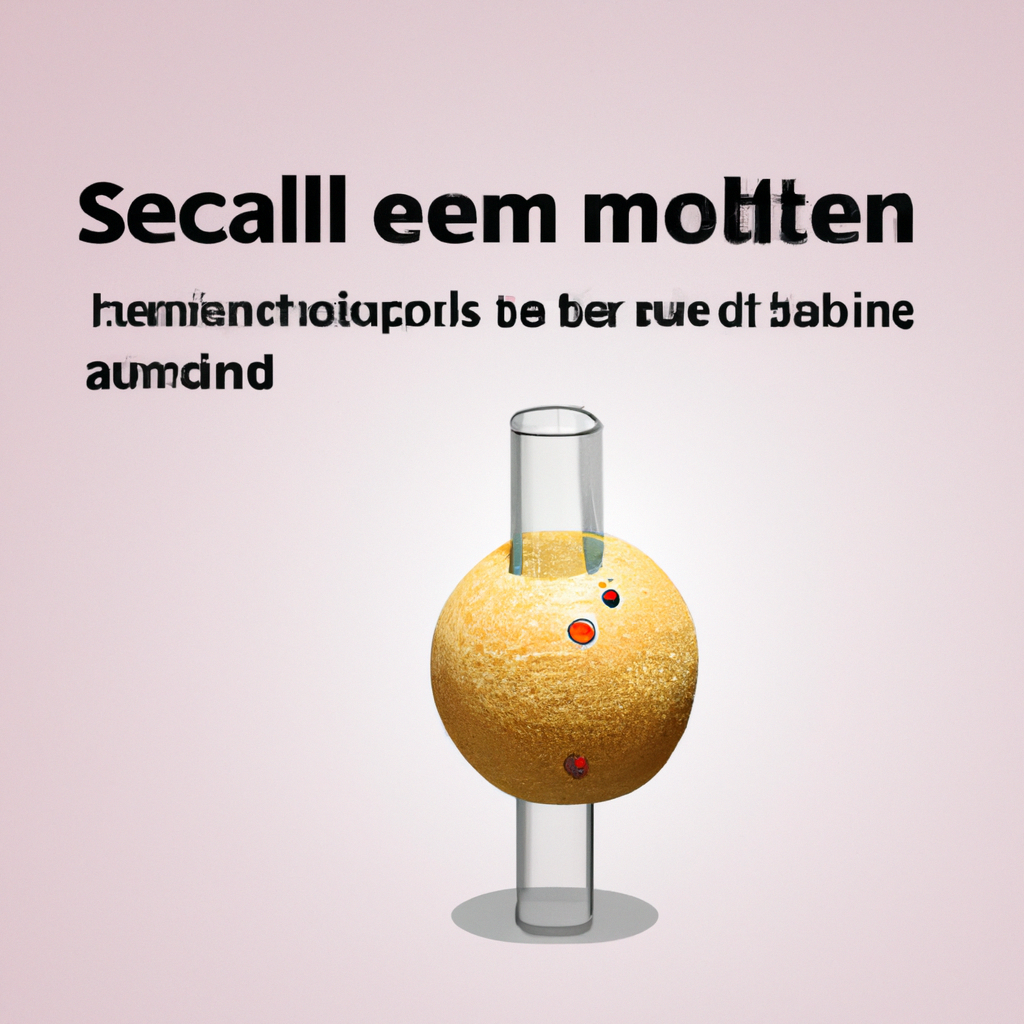
Adult Stem Cells
Advantages:
- Adult stem cells can be sourced from the individual’s own tissues, reducing the risk of immune rejection in transplantation therapies.
- These cells have a lower risk of tumor formation or uncontrolled cell growth compared to embryonic stem cells.
- The use of adult stem cells in transplantation therapies, such as hematopoietic stem cell transplantation, has already been proven effective.
Disadvantages:
- Adult stem cells have a more limited differentiation potential compared to embryonic stem cells, which may restrict their utility in certain applications.
- The availability of adult stem cells within the body is limited, requiring invasive procedures such as bone marrow aspiration for their isolation.
- Adult stem cells may have reduced proliferative and regenerative capacity compared to embryonic stem cells.
Medical Advancements
Stem cell research has the potential to revolutionize medicine and lead to groundbreaking advancements. These advancements include:
- Tissue regeneration and repair: Stem cells can be used to regenerate damaged or diseased tissues, such as heart muscle after a heart attack or spinal cord injuries.
- Organ transplantation: Stem cells may hold the key to creating functional organs for transplantation, reducing the dependence on donor organs and the risk of rejection.
- Personalized medicine: Stem cells can be used to model diseases and test potential therapeutics, allowing for tailored treatments based on an individual’s unique genetic makeup.
- Drug discovery: Stem cells provide valuable tools for screening potential drugs and studying disease mechanisms.
Potential Risks
While stem cell research holds great promise, it is not without risks. Some potential risks include:
- Tumor formation: Stem cells, especially embryonic stem cells, have the potential for uncontrolled growth and the formation of tumors.
- Immune rejection: When using stem cells for transplantation, there is a risk of immune rejection if the cells are recognized as foreign by the recipient’s immune system.
- Ethical concerns: The use of embryonic stem cells inherently raises ethical concerns due to the destruction of embryos, which can be a point of contention for individuals and religious groups.
Ethical Concerns
The ethical concerns surrounding stem cell research primarily revolve around the use of embryonic stem cells and the destruction of embryos. These concerns include the sanctity of life, the potential for misuse of stem cells, and the protection of donor rights. It is crucial to approach stem cell research with ethical considerations and adhere to guidelines and regulations that ensure the ethical use of stem cells.
Clinical Applications
The clinical applications of stem cells hold immense potential for improving human health and treating various diseases and injuries. Both embryonic and adult stem cells have specific applications and offer unique possibilities for medical treatments. Let’s explore the current clinical applications, future possibilities, and Malaysian medical practices related to stem cell research.
Embryonic Stem Cells
Current Treatments:
- Embryonic stem cells are still in the early stages of clinical translation, and there are no approved treatments using these cells to date.
- However, ongoing research is exploring the potential of using embryonic stem cells in tissue regeneration, transplantation, and personalized medicine.
Future Possibilities:
- Embryonic stem cells could potentially be used for tissue engineering and regrowth of damaged organs, such as heart muscle or pancreatic tissue.
- Personalized medicine utilizing embryonic stem cells could lead to tailored treatments for various diseases based on individual genetic profiles.
Malaysian Medical Practices:
- In Malaysia, the use of embryonic stem cells in clinical applications is closely regulated by the National Stem Cell Committee.
- Ongoing research and clinical trials are being conducted to explore the potential of using embryonic stem cells in treating various diseases.
Adult Stem Cells
Current Treatments:
- Adult stem cells have already found clinical applications in various areas, such as hematopoietic stem cell transplantation for blood cancers.
- Transplantation of adult stem cells has also been used in certain orthopedic and cardiovascular procedures.
Future Possibilities:
- Adult stem cells hold great potential for regenerative medicine, such as repairing damaged tissues or organs.
- Continued research may uncover new applications for adult stem cells in treating neurodegenerative diseases, liver diseases, and other conditions.
Malaysian Medical Practices:
- In Malaysia, the use of adult stem cells for clinical applications is regulated by the National Stem Cell Committee.
- Currently, adult stem cell transplantation is being utilized in select medical centers for the treatment of specific conditions, with ongoing research to expand its applications.
Public Perception and Awareness
Stem cell research has garnered significant interest and attention from the public due to its potential for medical advancements and therapeutic applications. Understanding stem cells, public attitudes toward embryonic and adult stem cells, educational efforts, and the promotion of stem cell research are all crucial factors in shaping public perception and awareness.

Understanding Stem Cells
Public understanding of stem cells can vary, and there may be misconceptions and misinformation surrounding the topic. Efforts to educate the public about the nature of stem cells, their potential applications, and the ethical considerations involved are crucial in fostering informed discussions and public awareness.
Attitudes towards Embryonic Stem Cells
Public attitudes toward embryonic stem cells can be influenced by religious beliefs, ethical considerations, and societal values. Some individuals may strongly oppose the use of embryonic stem cells due to concerns about the destruction of embryos and the sanctity of life. Others may view embryonic stem cells as holding great promise for medical advancements and potential treatments.
Attitudes towards Adult Stem Cells
Since the use of adult stem cells does not involve the destruction of embryos, public attitudes toward these cells may be more accepting. However, it is important to address any concerns related to the responsible use of adult stem cells, informed consent, and privacy issues. Public awareness campaigns can highlight the potential of adult stem cells in regenerative medicine and personalized therapies.
Educational Efforts
Efforts to educate the public about stem cell research and its potential benefits and ethical considerations are essential. Public engagement initiatives, educational resources, and collaborations between researchers, healthcare professionals, and the public can promote a better understanding of stem cells and facilitate informed discussions.
Promoting Stem Cell Research
Promoting stem cell research involves fostering collaboration between researchers, healthcare professionals, industry partners, and policymakers. Adequate funding, infrastructure, and support are necessary to advance stem cell research and translate scientific discoveries into clinical applications. Additionally, addressing public concerns and fostering dialogue between stakeholders can help promote the responsible and ethical use of stem cells.
Regulations and Policies
Stem cell research and its applications are regulated by guidelines, laws, and ethical considerations to ensure the responsible use of these cells and protect the rights of donors. Understanding international standards, Malaysian laws and regulations, ethical guidelines, the importance of oversight, and ongoing discussions and debates are essential in shaping the regulations and policies governing stem cell research.
International Standards
Various international organizations, such as the International Society for Stem Cell Research (ISSCR) and the World Health Organization (WHO), have developed guidelines and standards for stem cell research. These guidelines help ensure the responsible conduct of research, the protection of donor rights, and the promotion of ethical considerations in stem cell research globally.
Malaysian Laws and Regulations
In Malaysia, the use of stem cells, including both embryonic and adult stem cells, is regulated by the National Stem Cell Committee under the Ministry of Health. The guidelines and regulations set by the committee outline the ethical considerations, consent requirements, and oversight mechanisms for stem cell research and clinical applications.
Ethical Guidelines
Ethical guidelines play a crucial role in shaping the regulations and policies surrounding stem cell research. These guidelines address issues such as informed consent, protection of donor rights, responsible use of stem cells, and the considerations of the potential risks and benefits associated with their use.
Importance of Oversight
Oversight mechanisms, such as institutional review boards (IRBs) and national committees, are essential in monitoring and evaluating stem cell research. These oversight bodies ensure that research is conducted ethically, with the appropriate consent and adherence to regulations and guidelines. They also provide a platform for addressing ethical concerns and potential conflicts of interest.
Ongoing Discussions and Debates
Stem cell research and its ethical implications continue to be a topic of ongoing discussions and debates. These discussions involve researchers, policymakers, healthcare professionals, religious leaders, and the general public. Ongoing debates help shape the regulations and policies surrounding stem cell research, ensuring that they remain up-to-date with scientific advancements and societal concerns.
Research and Innovations
Stem cell research is a dynamic field with continuous scientific advancements and groundbreaking discoveries. Researchers and institutions around the world are contributing to the understanding and application of stem cells. Let’s explore the scientists and institutions involved, current studies and trials, groundbreaking discoveries, Malaysian contributions, and future directions in stem cell research.
Scientists and Institutions
Numerous scientists and institutions have made significant contributions to stem cell research. Some notable researchers in the field include James Thomson, Shinya Yamanaka, and Rudolf Jaenisch. Institutions such as Harvard University, the University of California, and the National Institutes of Health (NIH) have dedicated research programs and centers focused on stem cell research.
Current Studies and Trials
Ongoing studies and clinical trials are exploring the potential of stem cell therapies for various diseases and conditions. These trials encompass both embryonic and adult stem cells and aim to evaluate their safety and efficacy. Current studies are investigating stem cell-based therapies for conditions such as Parkinson’s disease, spinal cord injuries, and heart disease.
Groundbreaking Discoveries
Stem cell research has led to several groundbreaking discoveries. For example, the development of induced pluripotent stem cells (iPSCs) by Shinya Yamanaka revolutionized the field by allowing the reprogramming of adult cells into an embryonic-like state. This discovery opened up new avenues for generating patient-specific stem cells for personalized medicine and minimized the ethical concerns associated with embryonic stem cells.
Malaysian Contributions
Malaysia has made significant contributions to stem cell research through the work of its researchers and institutions. The National Stem Cell Bank, established in Malaysia, has played a crucial role in providing a centralized repository of stem cell lines for research and clinical applications. Malaysian scientists and institutions are actively involved in conducting stem cell research, participating in international collaborations, and advancing the field.
Future Directions
The future of stem cell research holds great promise for medical advancements and personalized therapies. Continued research efforts aim to enhance our understanding of stem cells, improve techniques for their expansion and differentiation, and develop safe and effective stem cell-based treatments. Developing innovative strategies for tissue regeneration, unraveling disease mechanisms, and advancing personalized medicine are among the key directions for future stem cell research.
Conclusion
Stem cell research and its applications hold immense potential for advancing medicine and improving human health. Both embryonic and adult stem cells offer unique advantages and face respective challenges. Understanding the distinction between these cell types, the associated ethical considerations, public perception, and the importance of regulations and oversight is crucial in promoting responsible and ethical stem cell research in Malaysia. Continued research, innovation, and collaborative efforts will pave the way for groundbreaking discoveries and the translation of stem cell research into safe and effective therapies.

